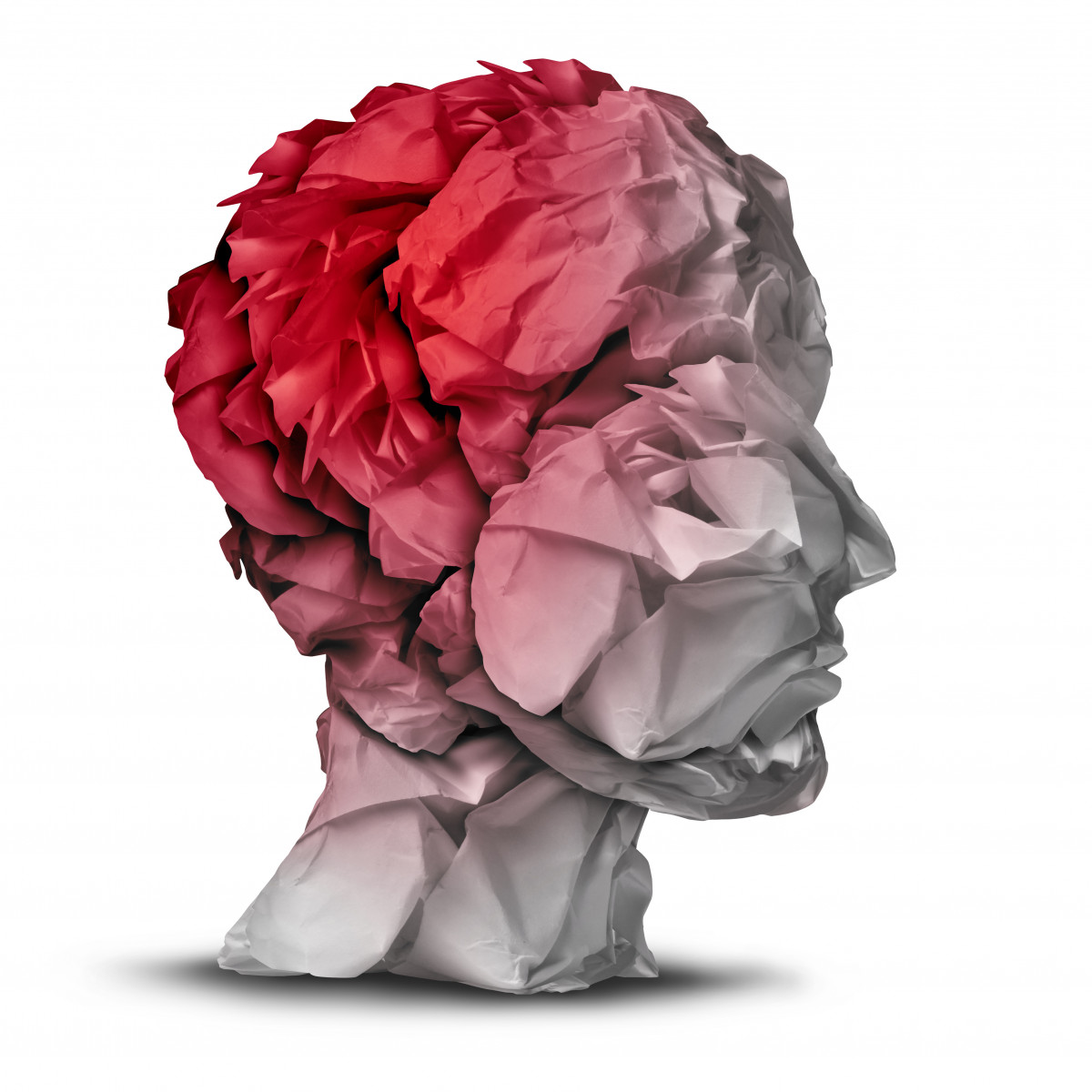Early Onset Dementia, AD Diagnoses Rose 200% in 4 Years, BCBSA Report Finds

The number of commercially insured U.S. residents diagnosed with early onset dementia and Alzheimer’s disease (AD) rose by 200% from 2013 to 2017, and the average age of a person living with either condition was 49, according to a new Blue Cross Blue Shield Association (BCBSA) report.
Titled “Early-Onset Dementia and Alzheimer’s Rates Grow for Younger American Adults,” the report is part of the Blue Cross Blue Shield (BSBS), The Health of America Report series, which uses advanced analytics to uncover key healthcare trends and insights into care affordability and access.
The BCBSA and Blue Health Intelligence collaborated to produce the report, which is based on information from the BCBS Axis, a database of medical claims from more than 48 million BCBS customers. This is the series’ 29th report.
The report states that, in 2017, about 131,000 people between the ages 30 and 64 were diagnosed with either early onset dementia or AD. That’s an increase from 4.2 diagnoses for every 10,000 adults in 2013, to 12.6 diagnoses per 100,000 in 2017.
Early onset Alzheimer’s is a rare form of dementia that occurs between age 30 and the mid-60s, and usually affects several members of each patient’s family. It represents less than 10% of all cases of Alzheimer’s. It’s estimated that 200,000 U.S. residents have the condition.
Dementia is a general term used to describe a group of common symptoms such as memory loss, usually resulting from brain cell damage.
“The increase in early-onset dementia and Alzheimer’s diagnoses among a generation who typically wouldn’t expect to encounter these conditions for several decades is concerning, especially since there is no cure for Alzheimer’s disease,” Vincent Nelson, MD, BCBSA’s vice president of medical affairs, said in a press release.
“Further education and research is needed to learn more about early-onset dementia and Alzheimer’s, how to treat these conditions, and what can be done to better prevent diagnose,” Nelson said.
In 2017, more than 37,000 commercially insured Americans between ages 30 and 64 were diagnosed with early onset AD — a 131% hike in diagnoses since 2013.
In the year before early onset AD diagnosis, 86% of patients received brain imaging and 57% filled a prescription for an antidepressant medication. About 40% of people ultimately diagnosed with early onset AD were first diagnosed with early onset dementia, or cognitive or behavioral changes in the year prior, the report showed.
“Research has shown that Alzheimer’s disease starts in the brain years before clinical symptoms become apparent,” said John Dwyer, president of the Global Alzheimer’s Platform Foundation, a nonprofit working to slash the duration and cost of Alzheimer’s clinical trials.
“This report shows that people as young as 30 have outward symptoms,” Dwyer said. “We need more research to stop Alzheimer’s disease progression in people of all ages.”
Women made up 58% of those diagnosed with either early onset dementia or AD between 2013 and 2017.
In addition, the study found that the number of diagnoses skyrocketed specifically among younger individuals. Among people ages 30 to 44, the number diagnosed with either condition rose 373% during the time frame. Among those ages 45 to 54, the hike was 311%. The age group from 55 to 64 experienced a 143% increase.
Overall, diagnostic rates were higher in the nation’s eastern and southern regions, plus part of the Midwest. States in the western part of the country, particularly the Pacific Northwest, had relatively lower rates of diagnosis.
If the upward trend among younger generations continues, the concern is that it can lead to compounded economic and mental stress for caregivers. In 2015, almost 16 million family members and friends — 63% of them women — provided AD patients 18 billion hours of unpaid care, costing roughly $221 billion, according to the National Institutes of Health.
The BCBSA is a national federation of 36 independent, community-based and locally operated Blue Cross and Blue Shield companies that together provide healthcare coverage for 1 in 3 U.S. residents.






